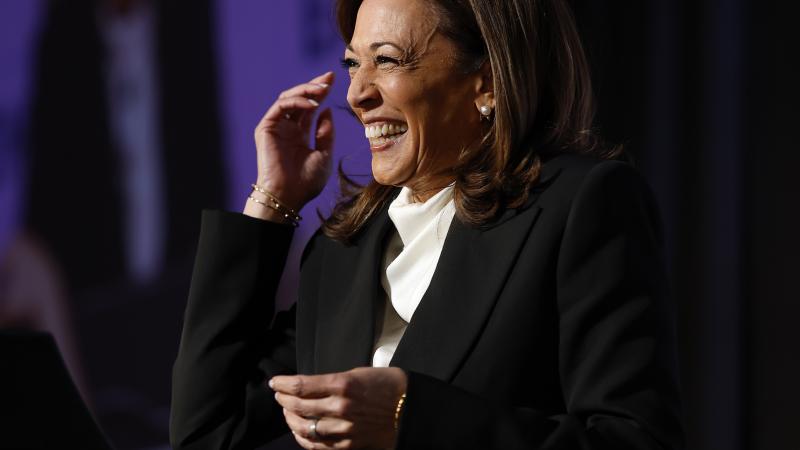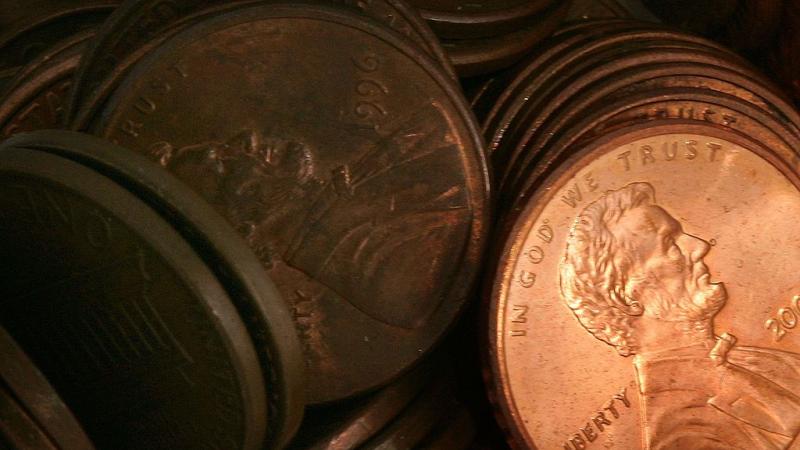After 2020 'Zuckerbucks' controversy, election group starts new program, cuts back on grants
While CTCL claims more grants were awarded to counties won by Trump than by Biden, the left-leaning nonprofit gave larger grants and more money per capita to Democratic counties than to Republican ones. The new election alliance will provide $80 million over five years to a network for local election officials to receive aid from.
The Center for Tech and Civic Life (CTCL), the nonprofit that Facebook founder Mark Zuckerberg used to pour nearly $350 million into local municipalities running the 2020 election, is creating a new election alliance while cutting back on its controversial grants for elections.
CTCL announced on Monday the start of the U.S. Alliance for Election Excellence, a program which will provide $80 million over five years "to envision, support, and celebrate excellence in U.S. election administration."
The nonprofit framed the alliance as "a response to feedback from local election officials and their needs after the 2020 program."
"Every American voter, no matter their zip code, should have access to a process that is fair and trustworthy," said CTCL Executive Director Tiana Epps-Johnson. "Unfortunately, years of under-investment means many local election departments often have limited capacity and training. The U.S. Alliance for Election Excellence will bring together world-class partners so that local election officials no longer have to go it alone."
Epps-Johnson was a 2018 Obama Foundation fellow and the election administration director for the progressive New Organizing Institute in Washington, D.C., where two of CTCL's other executives, Whitney May and Donny Bridges, also previously worked.
Along with CTCL, the alliance includes the Center for Civic Design, the Elections Group, U.S. Digital Response, Center for Secure and Modern Elections, Hasso Plattner Institute of Design at Stanford University, and Prototyping Systems Lab at UC Davis.
During the program's first year, the alliance says it will identify local election departments that want to join it "and serve as a support system for each other and for other election departments across the country."
CTCL has claimed its 2020 electon grants — colloquially known as "Zuckerbucks" — were to be used to make voting safer amid the pandemic, without any political preference. However, a House Republican investigation found that less than 1% of the funds were spent on personal protective equipment. Most of the funds were focused on get-out-the-vote efforts and registrations.
While CTCL claims that more grants were awarded to counties won by former President Donald Trump than President Joe Biden, the nonprofit gave larger grants and more money per capita to Democratic counties than to Republican ones. Trump won more than five times as many counties as Biden in 2020.
Amid controversy surrounding the disproportionate resources funneled to Democratic jurisdictions and claims the imbalance helped sway the election in Biden's favor, 18 states have either restricted or banned private funding of election offices, according to Capital Research Center (CRC).
The list compiled by the right-leaning nonprofit sector watchdog group includes: Alabama (awaiting Republican governor's signature), Arizona, Arkansas, Florida, Georgia, Idaho, Indiana (awaiting Republican governor's signature), Kansas (overrode Democratic governor's veto), Kentucky, Mississippi, North Dakota, Ohio, Oklahoma (passed House), South Dakota, Tennessee, Texas, Virginia, West Virginia (regulates private funds, but doesn't prohibit them).
In Iowa, a bill prohibiting private funding for conducing elections passed a House committee. The Minnesota state Senate introduced a similar bill in February.
Democratic governors in Louisiana, Michigan, North Carolina, and Wisconsin vetoed bills prohibiting private funding.
Pennsylvania's Democratic governor vetoed a bill that allowed only the secretary of the commonwealth to receive the funds and distribute them equally across counties.
On Monday, a Pennsylvania state Senate committee approved a bill banning outside funds for election administration. The measure is headed to the full Senate with the state House's companion legislation.
The Facts Inside Our Reporter's Notebook
Links
- CTCL announced on Monday the start of the U.S. Alliance for Election Excellence
- 2018 Obama Foundation fellow
- progressive New Organizing Institute
- used to make voting safer amid the pandemic
- get-out-the-vote efforts and registrations
- gave larger grants and more money per capita to Democratic counties
- according to the Capital Research Center
- approved a bill banning outside funds for election administration















